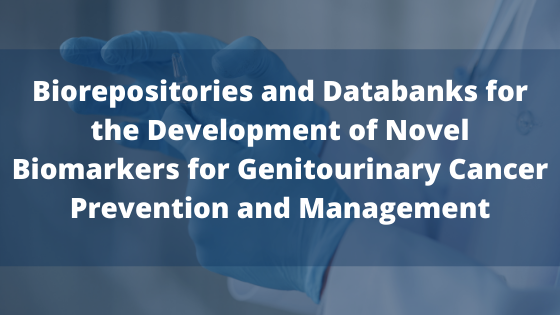Translational research in uro-oncology depends on the availability of high-quality biospecimens and associated data to advance precision medicine and improve clinical outcomes. The procurement, storage, and annotation of these specimens represent critical steps towards this end. Elements such as biobank size, biospecimen types, disease cohorts, predetermined collection protocols, broad informed consent, sample handling, storage protocols, and available infrastructure directly influence a biobank’s effectiveness and capacity.

Read this paper that reviews best-practice experiences gained via the McCain GU BioBank, a repository of more than 750 000 biospecimens obtained from more than 16 000 patients attending clinics at the University Health Network in Toronto, Canada.
